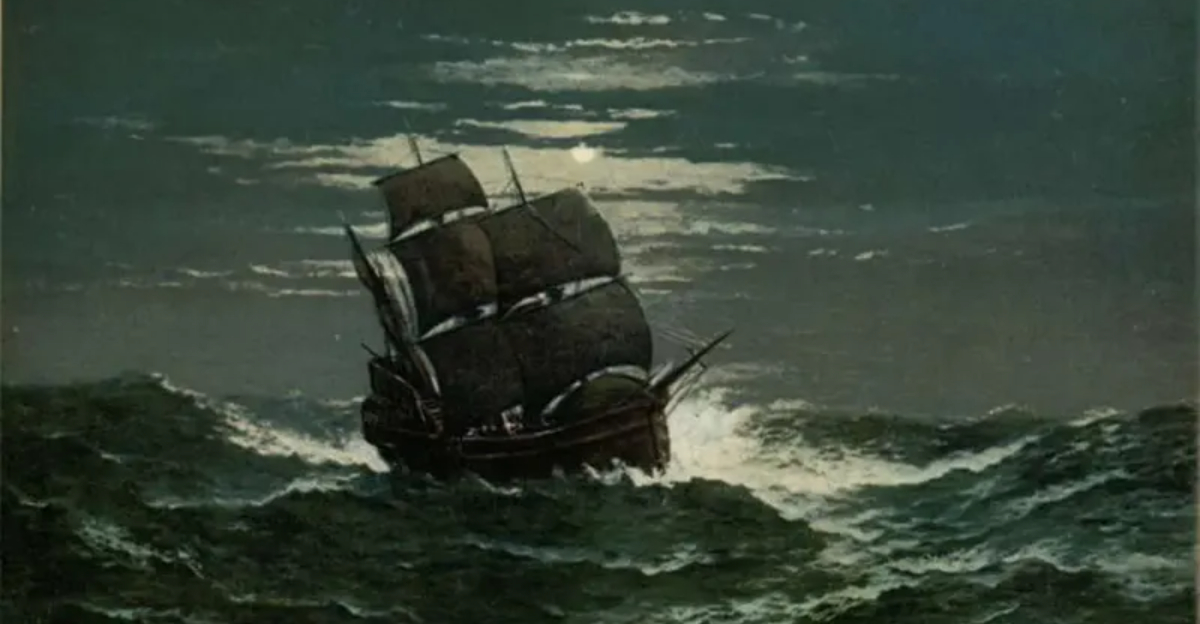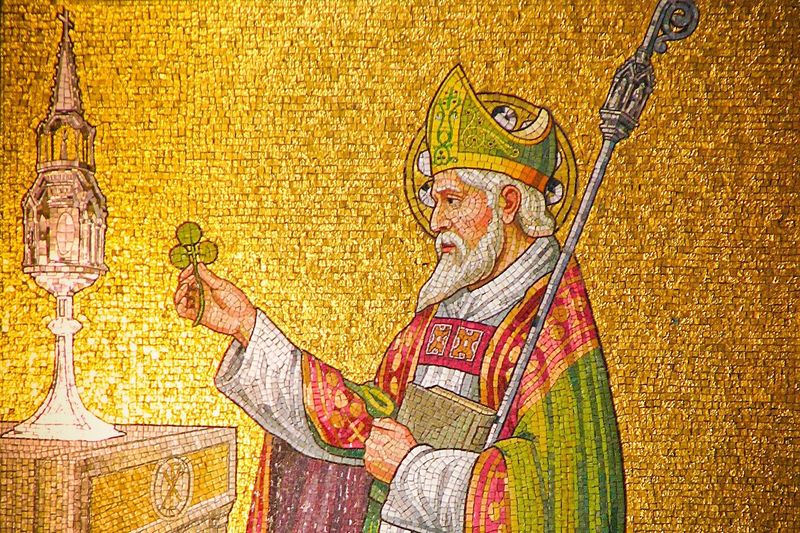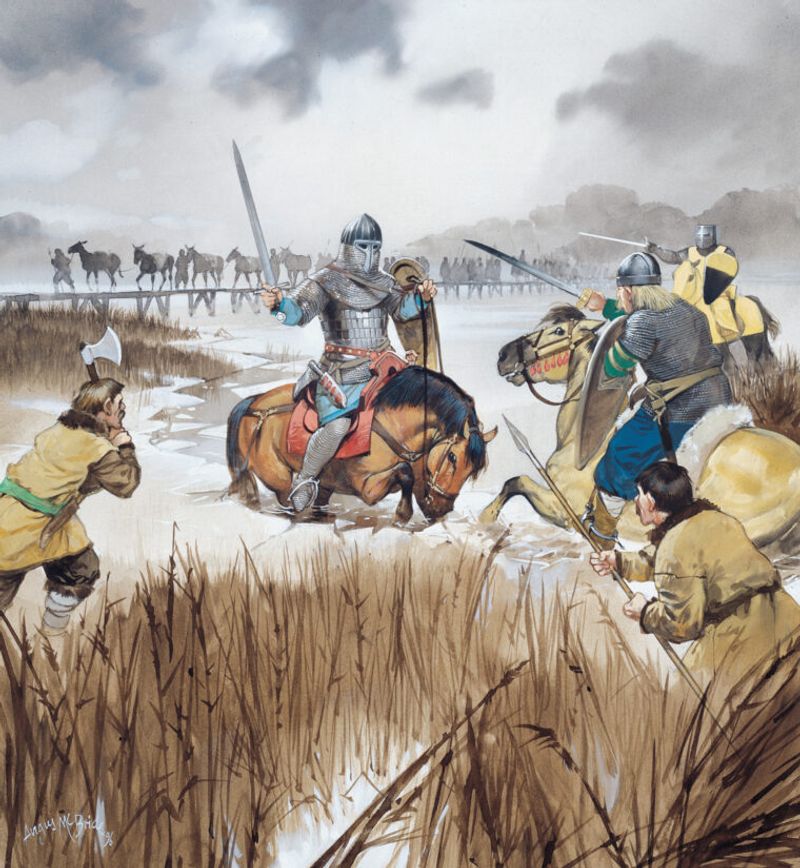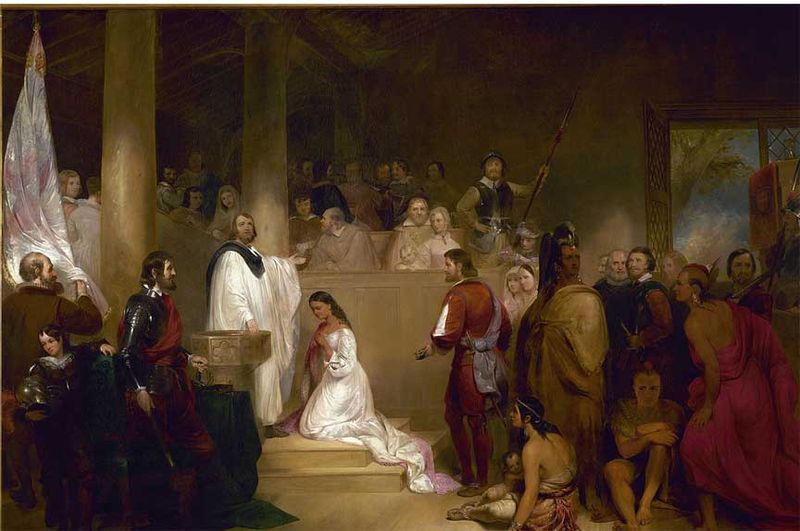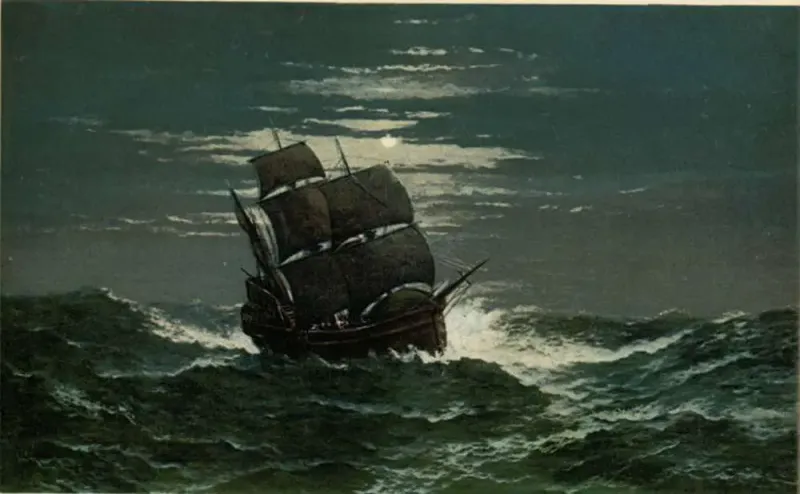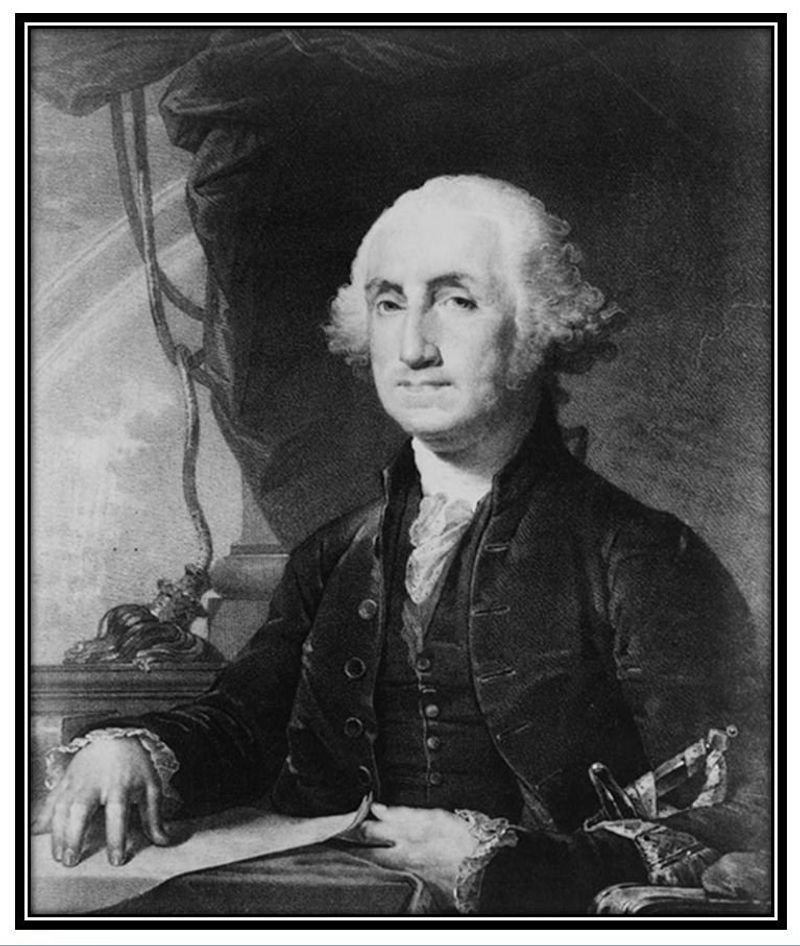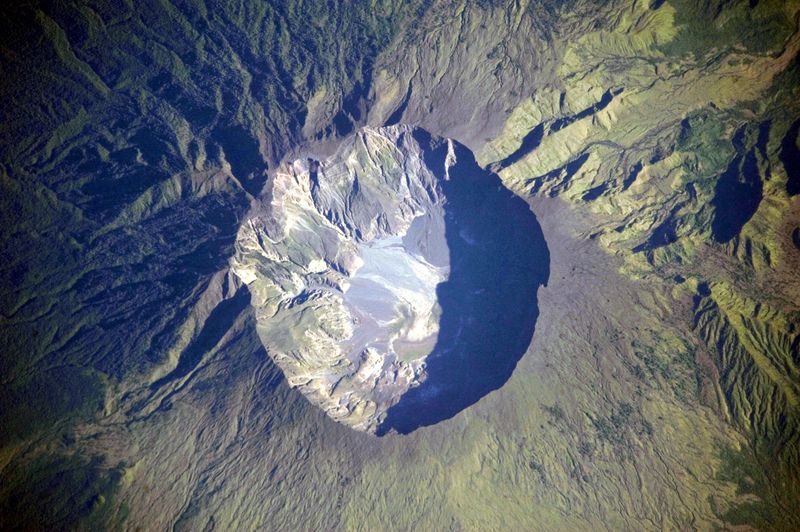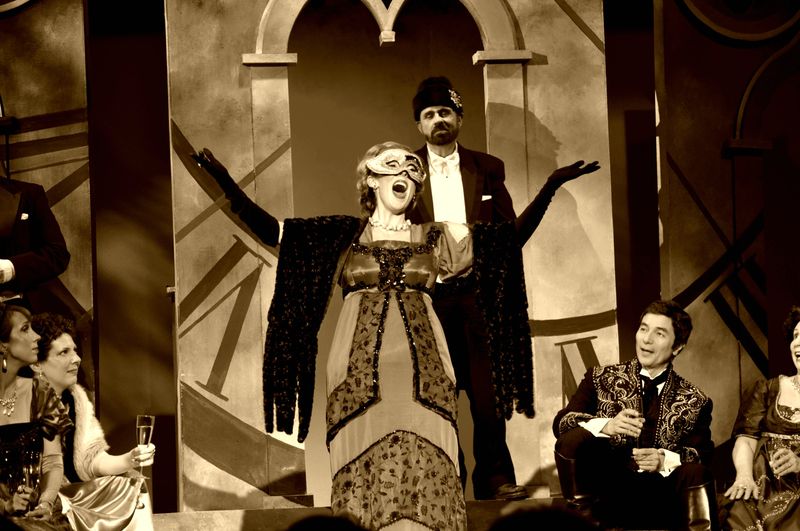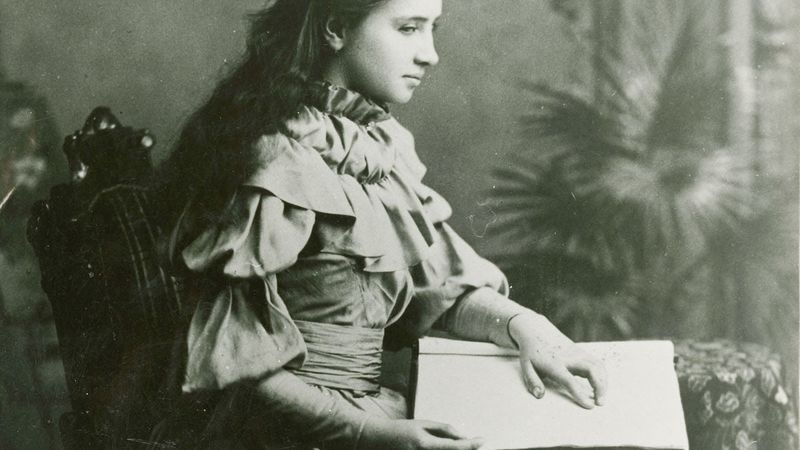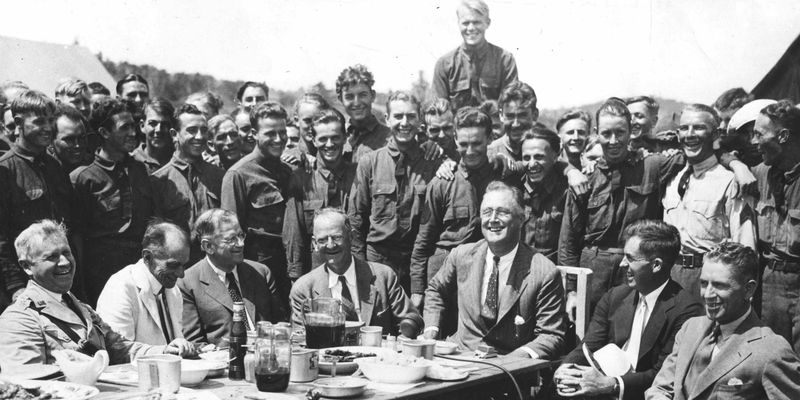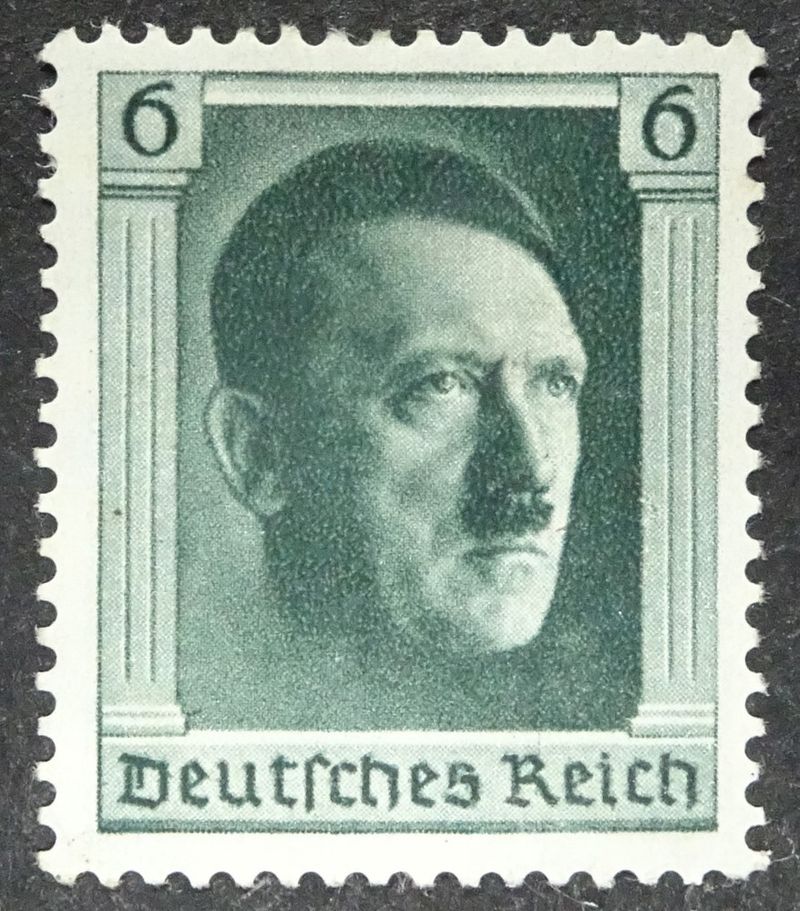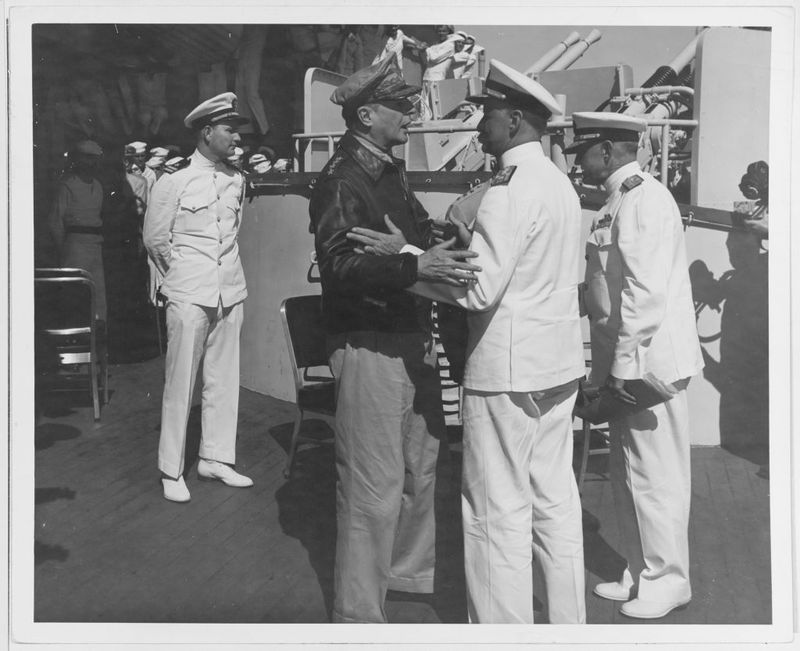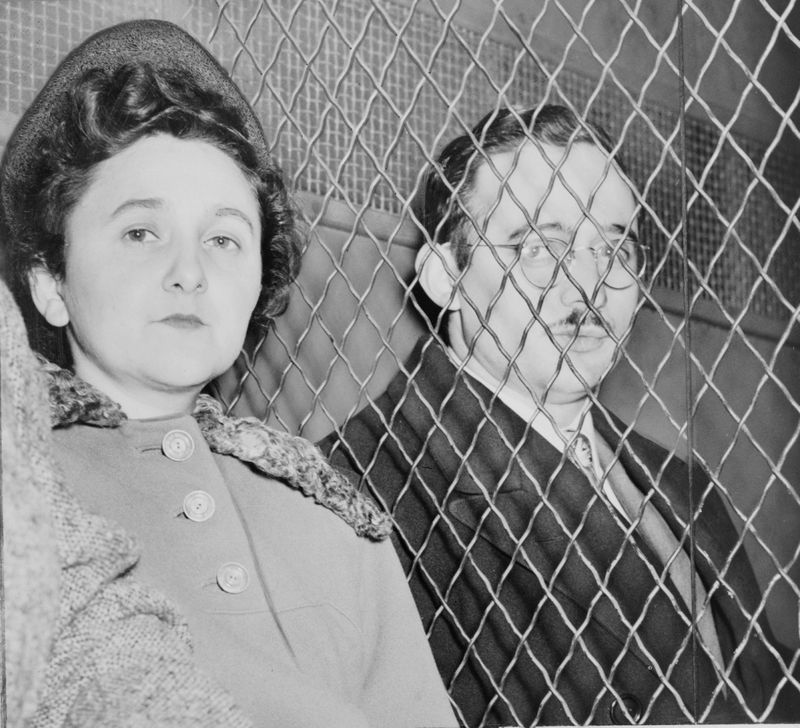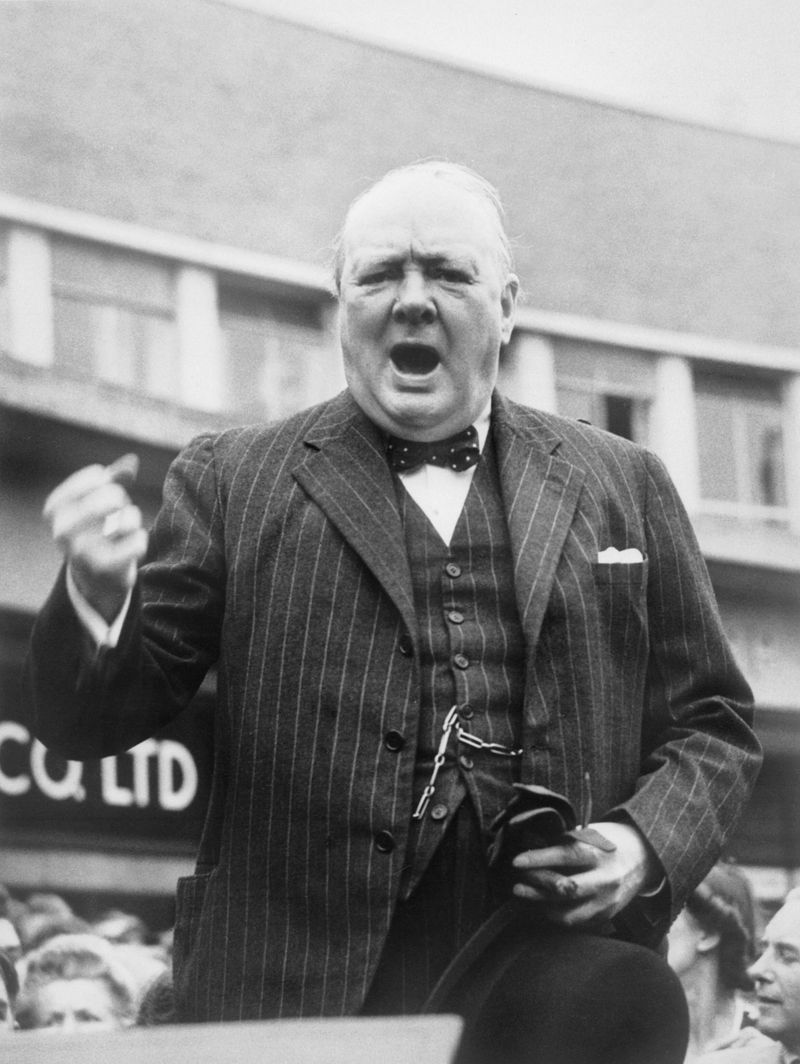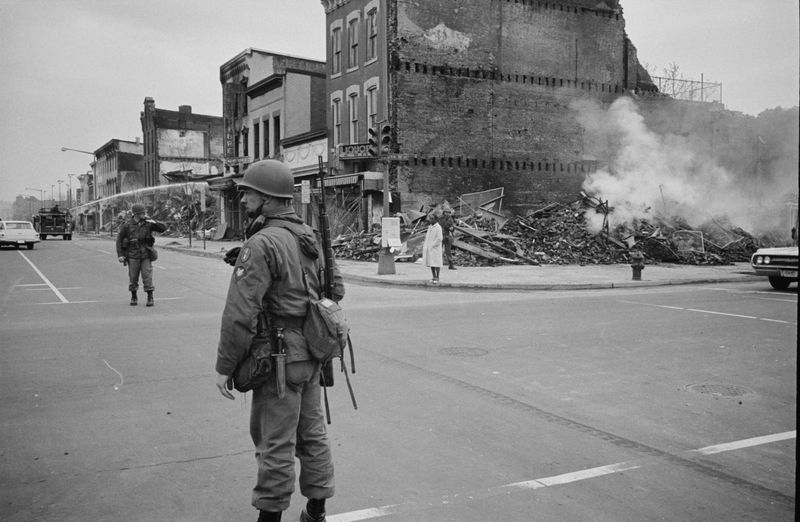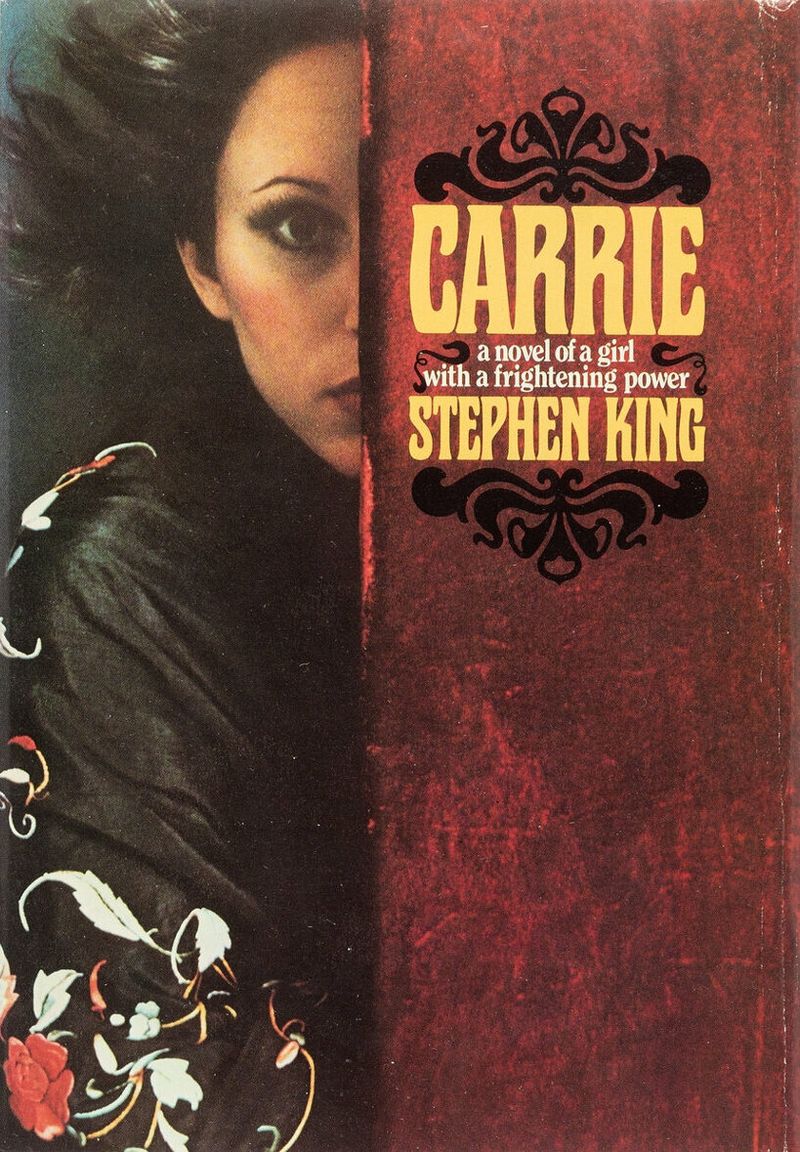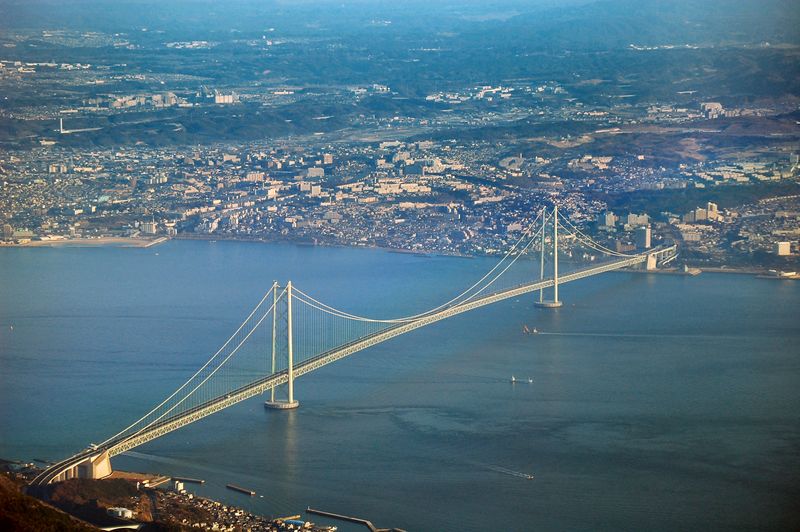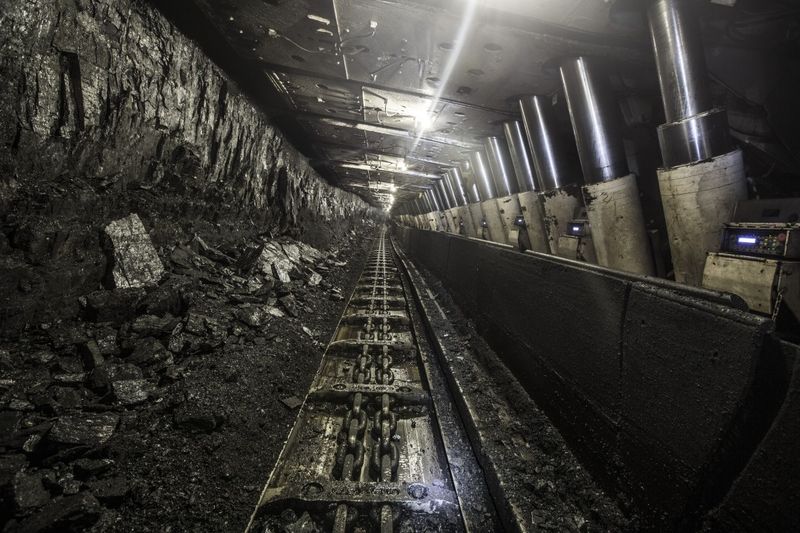April 5th has witnessed a myriad of historical events that have left lasting imprints on the world.
From battles and breakthroughs to cultural milestones and significant political changes, each of these events offers a unique glimpse into the past.
Let’s explore these moments that shaped history.
1. 456 – Saint Patrick Returns to Ireland
Saint Patrick, a beacon of spiritual transformation, returned to Ireland not as a stranger but as a missionary bishop dedicated to illuminating the island with Christianity. His journey was not simply one of geography but of profound faith and resilience.
In the lush, emerald landscape of Ireland, Patrick’s sermons intertwined with the natural beauty, drawing in those with curious hearts and open minds.
His legacy is celebrated vividly on St. Patrick’s Day, a holiday that transcends borders, underscoring his impact on Irish culture and beyond.
2. 1242 – Battle of the Ice
On April 5, 1242, the Battle of the Ice unfolded dramatically on the frozen expanse of Lake Peipus. It was here that Alexander Nevsky, a strategic genius, led the Novgorod forces against the formidable Teutonic Knights.
The clash of swords and the crunch of ice beneath armored feet created a symphony of conflict. This battle wasn’t just about territory but about resisting the tide of foreign domination.
Nevsky’s victory is a testament to resilience and tactical brilliance, celebrated in Russian lore and beyond.
3. 1614 – Pocahontas Marries John Rolfe
The union of Pocahontas and John Rolfe on April 5, 1614, was more than a marriage; it was a merging of worlds. Pocahontas, daughter of the Powhatan chief, stood as a symbol of peace and diplomacy between Native Americans and English settlers.
Their nuptials in Virginia blossomed like the spring flowers, offering a promise of unity and cooperation.
Though their story is tinged with both romance and tragedy, it remains a poignant chapter in the early history of America, illustrating the complexities of cultural intersection.
4. 1621 – The Mayflower Sets Sail for England
In 1621, after enduring a harsh and unforgiving winter, the Mayflower set sail once more, this time bound for England. The ship departed the budding Plymouth Colony, leaving behind settlers determined to cultivate a new life despite the odds.
The seas, both friend and foe, witnessed the ship’s journey back, a symbol of resilience and hope. As the Mayflower faded into the horizon, it carried stories of survival and dreams of prosperity, echoing the indomitable human spirit.
5. 1792 – George Washington’s First Veto
On April 5, 1792, George Washington asserted his presidential power with the stroke of a quill, issuing the first veto in U.S. history. His decision to reject the congressional bill on apportioning representatives was a defining moment in the young nation’s governance.
Washington’s veto wasn’t merely a political maneuver but a statement of principles, ensuring the balance and fairness of representation.
This act underscored his commitment to justice and has since been a cornerstone in the checks and balances of American democracy.
6. 1815 – Mount Tambora Eruption Begins
On April 5, 1815, Mount Tambora in Indonesia began a colossal eruption, one that seismologists would later classify as the most powerful volcanic event in recorded history.
This eruption dramatically altered the global climate, leading to what was known as the “Year Without a Summer” in 1816. Crops failed, and famine spread across continents as the volcanic ash blocked sunlight, cooling the Earth’s surface.
7. 1874 – Premiere of “Die Fledermaus”
The premiere of Johann Strauss II’s operetta “Die Fledermaus” on April 5, 1874, was a dazzling affair in Vienna’s vibrant cultural scene. The performance captivated audiences with its lively melodies and humorous plot, a beacon of theatrical brilliance.
The laughter and music that filled the opera house resonated far beyond its walls, cementing the operetta’s status as a timeless staple.
This debut wasn’t just a night of entertainment but a celebration of artistry and creativity that continues to enchant audiences worldwide.
8. 1887 – Helen Keller’s Breakthrough
In 1887, a moment of profound understanding sparked in young Helen Keller’s world. With Anne Sullivan’s patient guidance, Helen learned the word “water”—a breakthrough that forever changed her life.
This pivotal moment, surrounded by Alabama’s verdant landscape, marked the beginning of her journey from silence into communication and connection.
Helen’s triumph over adversity is a testament to human potential and the transformative power of education, inspiring countless others to overcome their own barriers.
9. 1933 – Establishment of the Civilian Conservation Corps
Amidst the trials of the Great Depression, President Franklin D. Roosevelt signed an executive order on April 5, 1933, establishing the Civilian Conservation Corps (CCC). This initiative sought to provide employment and rejuvenate the country’s natural resources.
Young men, with shovels and determination, ventured into forests and fields, planting trees and building trails. Their efforts not only revitalized the land but also instilled hope and purpose, reflecting the resilience of a nation weathering challenging times.
10. 1937 – First Postage Stamps with Hitler’s Image
In 1937, the world saw a chilling turn as Germany issued postage stamps bearing Adolf Hitler’s image. These stamps, commemorating his 48th birthday, marked a disturbing celebration of dictatorship and propaganda.
The stark imagery served as a daily reminder of the regime’s pervasive presence in everyday life. This moment in philatelic history, though unsettling, underscores the power of symbols and the role they play in shaping national identity and historical narrative.
11. 1945 – MacArthur and Nimitz Given New Commands
On April 5, 1945, as World War II raged on, General Douglas MacArthur and Admiral Chester W. Nimitz were entrusted with new commands to lead the planned invasion of Japan.
With wisdom etched in their faces, their leadership promised to bring strategic innovation to the Pacific theater.
Their roles weren’t just about military might but about orchestrating the final movements towards ending a war that had gripped the world, embodying the hope for peace and stability.
12. 1951 – Rosenbergs Sentenced to Death
The courtroom was heavy with the weight of history on April 5, 1951, as Julius and Ethel Rosenberg were sentenced to death for conspiracy to commit espionage.
Accused of passing atomic secrets to the Soviet Union, their trial was a lightning rod of Cold War tensions. The verdict, delivered amidst a backdrop of political paranoia, sparked debate and controversy worldwide.
Their story remains a poignant narrative of trust, betrayal, and the shadows of the atomic age, echoing through history’s corridors.
13. 1955 – Winston Churchill Resigns
April 5, 1955, marked the end of an era as Winston Churchill, the iconic British Prime Minister, resigned due to health issues. His departure signaled the conclusion of his steadfast leadership during some of Britain’s most challenging times.
Churchill’s legacy, characterized by indomitable spirit and eloquence, left an indelible mark on history. As he stepped away from the political arena, the echoes of his speeches and leadership during World War II continued to resonate, inspiring future generations.
14. 1968 – Riots Following Martin Luther King Jr.’s Assassination
The tragic assassination of Martin Luther King Jr. on April 4, 1968, ignited a wave of riots that swept through multiple U.S. cities the following day.
The streets were filled with anger and grief, as communities grappled with the loss of a leader who championed equality and justice. The unrest highlighted the intense racial tensions and urgent need for change in America.
These riots, though marked by turmoil, underscored the resilience and determination of those fighting for civil rights and a more equitable society.
15. 1974 – Publication of Stephen King’s “Carrie”
April 5, 1974, marked the debut of Stephen King’s novel, “Carrie,” a gripping tale that catapulted him into the literary spotlight. This story of a high school girl with telekinetic powers resonated with readers, blending elements of horror and coming-of-age drama.
King’s narrative prowess captured the imaginations of many, establishing him as a master of the macabre. “Carrie” wasn’t just a novel; it was the inception of a prolific career that redefined the boundaries of horror literature.
16. 1984 – Kareem Abdul-Jabbar Breaks Scoring Record
On April 5, 1984, the basketball world witnessed a moment of greatness as Kareem Abdul-Jabbar broke Wilt Chamberlain’s NBA career scoring record.
With grace and precision, he scored his 31,421st point, a testament to his enduring talent and dedication. The crowd erupted in cheers, celebrating a milestone in sports history.
Abdul-Jabbar’s achievement wasn’t just about numbers but about his impact on the game, inspiring generations of athletes to dream big and strive for excellence.
17. 1986 – West Berlin Discotheque Bombing
The night of April 5, 1986, turned tragic when a bombing at the La Belle discotheque in West Berlin killed three people and injured many others. The blast shattered what had begun as an ordinary evening, leaving behind chaos and grief.
This attack, attributed to Libyan terrorists, prompted swift U.S. military retaliation. The event highlighted the vulnerability of public spaces and the complex dynamics of international relations during a tense period in history.
18. 1998 – Opening of the Akashi Kaikyō Bridge
April 5, 1998, marked the grand opening of the Akashi Kaikyō Bridge, an engineering marvel and the world’s largest suspension bridge. Spanning the Akashi Strait, it stands as a testament to human ingenuity and determination.
The bridge’s sleek design and robust construction connect Honshu and Awaji Island, facilitating trade and travel.
Its completion wasn’t just a feat of engineering but a symbol of progress, demonstrating the power of innovation to bridge both physical and cultural divides.
19. 2010 – Upper Big Branch Mine Disaster
April 5, 2010, witnessed a devastating tragedy at the Upper Big Branch mine in West Virginia. A coal dust explosion claimed the lives of 29 miners, sending shockwaves through the community and the nation.
The disaster highlighted the dangers of mining and the urgent need for improved safety measures.
As families mourned and the nation grappled with the loss, the call for reforms echoed through the halls of power, reminding all of the human cost of industrial oversight.
20. 2012 – Longest Opening Day Game in MLB History
Baseball history was made on April 5, 2012, with the longest Opening Day game in Major League Baseball history. The Toronto Blue Jays and Cleveland battled it out for 16 innings, with fans on the edge of their seats for over 5 hours.
The game, unfolding under the glow of stadium lights, exemplified the endurance and passion inherent in America’s pastime.
Though exhausting, it was a thrilling experience for players and spectators alike, setting a memorable precedent for future Opening Days.
